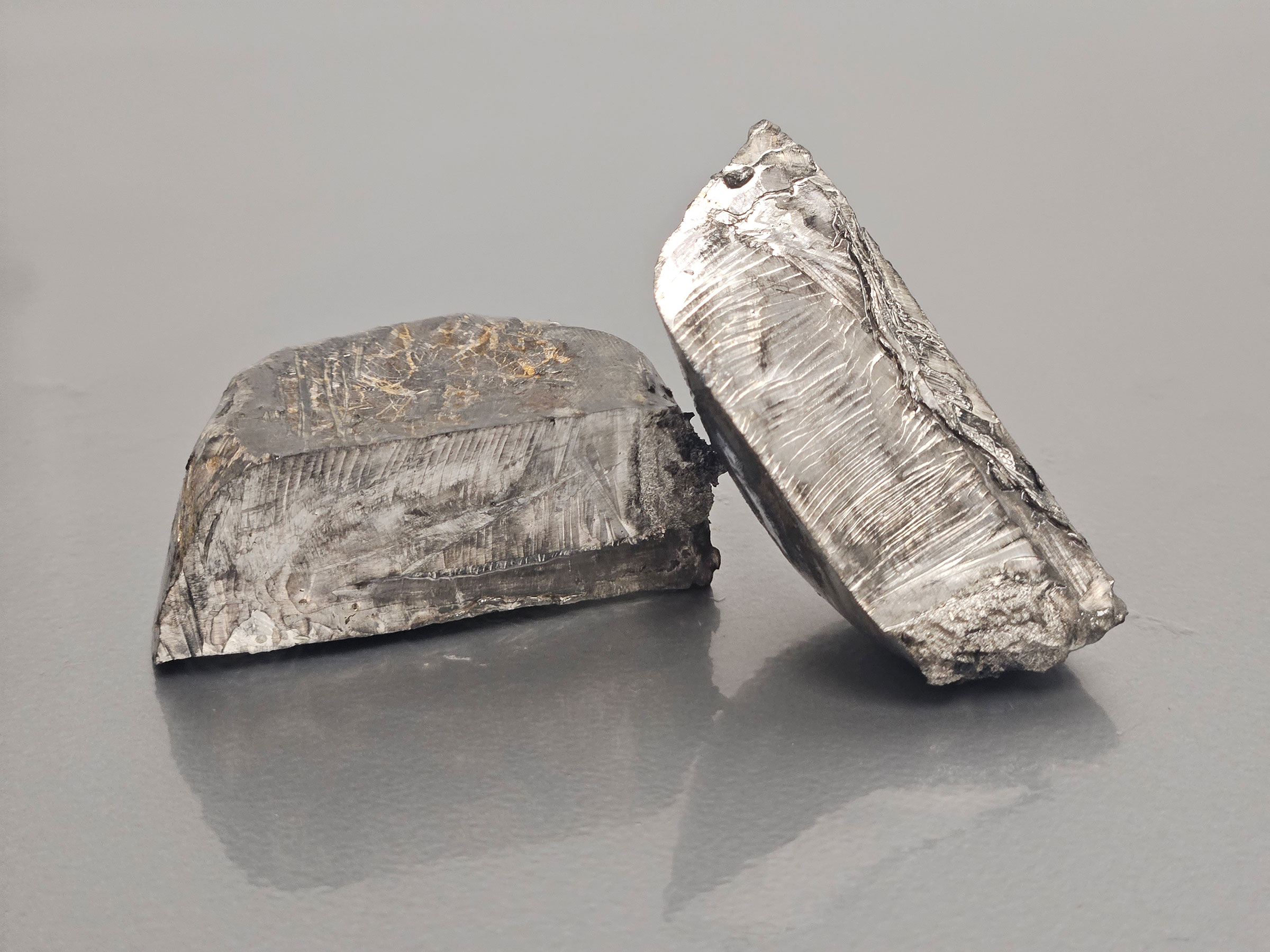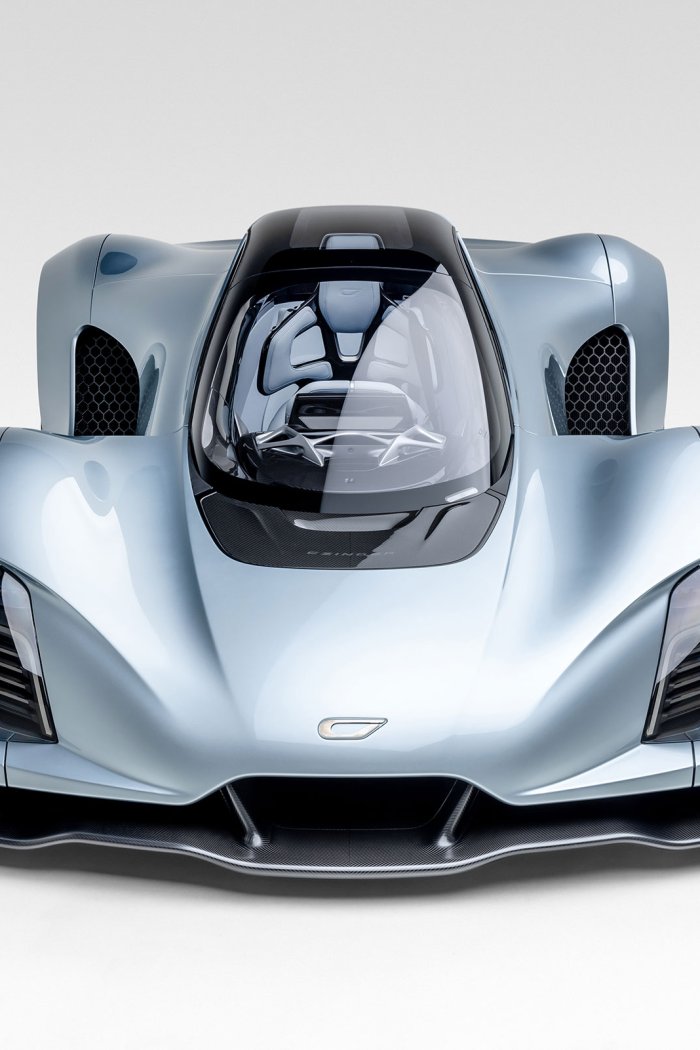These are independent reviews of the products mentioned, but TIME receives a commission when purchases are made through affiliate links at no additional cost to the purchaser.
Electric vehicles need lithium batteries, which means the world needs more lithium metal to power the EV transition. Today, the main way you make lithium metal is to convert it from lithium chloride, but this chemical compound is scarce and emits eco-harmful chloride gas. Li-Metal’s breakthrough uses a molten salt bath to convert lithium carbonate (far more abundant than chloride) into lithium metal, which can be used to build next-generation batteries that power air taxis, drones, and long-range EVs. Li-Metal co-founder Maciej Jastrzebski says that while there’s only enough lithium chloride to produce 150,000 EVs a year with next-gen batteries, “you have enough lithium carbonate to make millions of cars.”
More Must-Reads from TIME
- Cybersecurity Experts Are Sounding the Alarm on DOGE
- Meet the 2025 Women of the Year
- The Harsh Truth About Disability Inclusion
- Why Do More Young Adults Have Cancer?
- Colman Domingo Leads With Radical Love
- How to Get Better at Doing Things Alone
- Michelle Zauner Stares Down the Darkness





